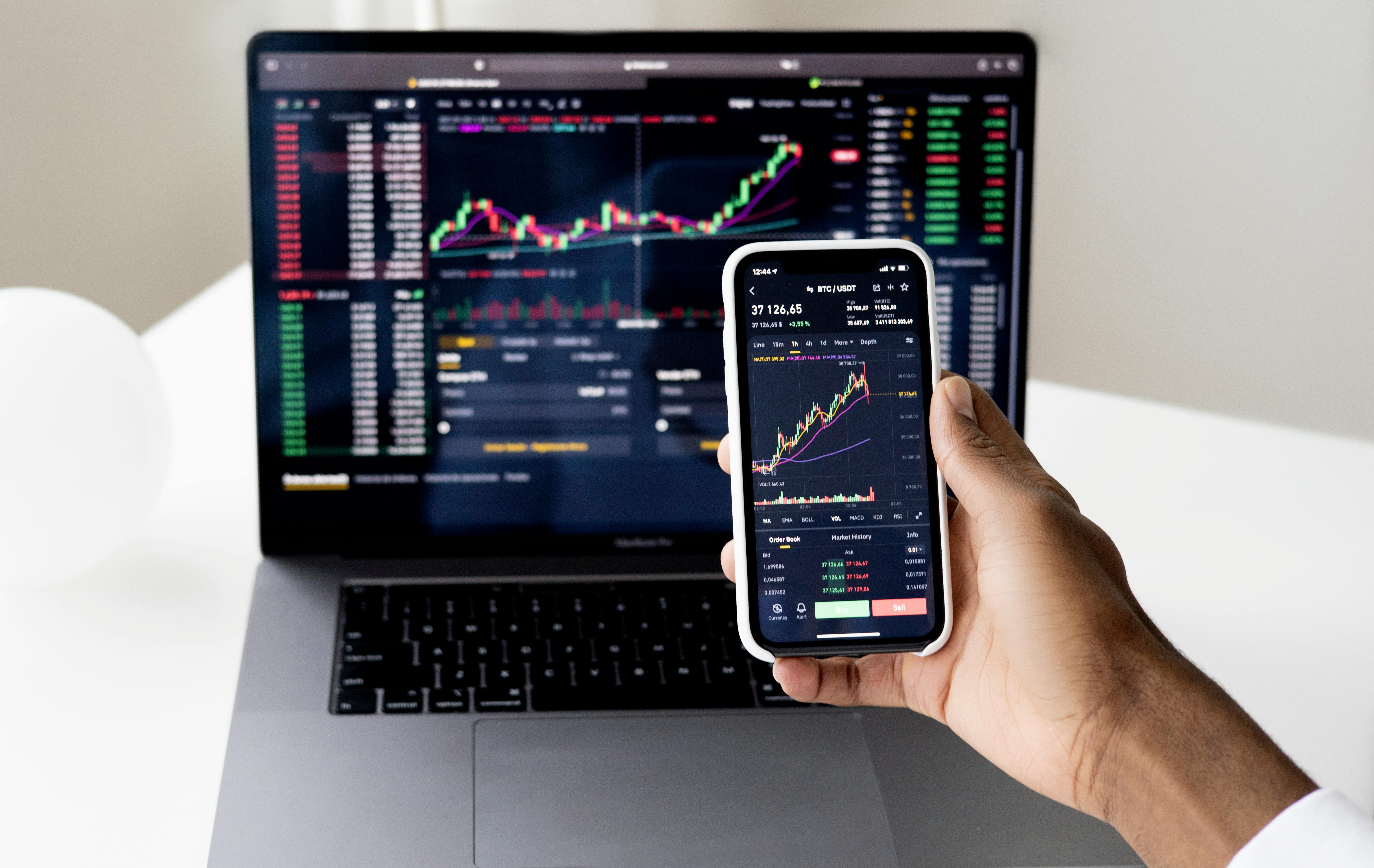
The global financial sector is undergoing a historic transformation. In a landmark move, the London Stock Exchange (LSE) has announced plans to launch crypto securities, blending the world of traditional finance with the fast-growing blockchain economy.
This development signals a pivotal moment for investors, regulators, and innovators alike. By offering digital securities on a trusted exchange, the LSE aims to bridge the gap between conventional markets and blockchain-based assets, giving legitimacy to a space once considered niche or speculative.
But what exactly are crypto securities, why is the London Stock Exchange making this move now, and what does it mean for the future of global finance? Let’s break it down.
Crypto securities are digitized versions of traditional financial instruments — such as stocks, bonds, and funds — that exist on a blockchain network. Unlike cryptocurrencies such as Bitcoin or Ethereum, crypto securities are tied to real-world assets and often fall under stricter regulatory oversight.
Blockchain-Based Ownership: Recorded on distributed ledgers for transparency and immutability.
Fractionalization: Allows investors to buy smaller, more affordable portions of assets.
Faster Settlement: Traditional settlement takes 2–3 business days, while blockchain transactions can occur instantly or within minutes.
Global Accessibility: Investors around the world can access assets previously limited by geography.
The LSE’s entry into blockchain-based securities is no coincidence. It reflects broader trends in finance, including:
Rising Investor Demand
As cryptocurrencies gain popularity, investors want regulated and secure access to blockchain-based assets.
Innovation Pressure
Competing financial hubs like New York, Singapore, and Hong Kong are exploring blockchain-based offerings. The LSE risks losing relevance if it doesn’t adapt.
Efficiency Gains
Blockchain can reduce settlement times, cut operational costs, and eliminate unnecessary intermediaries.
Global Economic Shifts
With inflation, rising interest rates, and geopolitical instability, investors are diversifying portfolios into alternative asset classes — including crypto securities.
This initiative is more than just a new product launch. It represents a paradigm shift in how assets are issued, traded, and managed.
Trust Meets Technology: The LSE, a centuries-old exchange, provides the credibility and oversight that blockchain markets have often lacked.
Transparency and Security: Blockchain’s immutable ledgers ensure accurate recordkeeping, reducing fraud and errors.
Accessibility for Retail Investors: By enabling fractional ownership, everyday investors can participate in assets that were once out of reach.
Liquidity Expansion: Digital tokens can make traditionally illiquid assets (like real estate or private equity) tradeable on secondary markets.
Investors stand to gain from the LSE’s move into crypto securities:
Regulated Exposure to Blockchain Assets
Unlike unregulated crypto exchanges, the LSE offers oversight, reducing risks of fraud and market manipulation.
Diversification Opportunities
Crypto securities allow investors to diversify across both traditional and digital assets within a regulated environment.
Faster and Cheaper Transactions
Settlement times are slashed from days to minutes, with fewer intermediaries.
Broader Market Access
International investors can participate in UK markets with fewer barriers, expanding the global reach of the LSE.
Despite its promise, the integration of crypto securities is not without hurdles:
Regulatory Uncertainty: Global regulators differ on how to classify and govern digital securities.
Technology Risks: Blockchain is still evolving; vulnerabilities and scalability challenges remain.
Market Education: Retail investors must understand the differences between crypto securities and traditional cryptocurrencies.
Volatility Concerns: While tied to real-world assets, crypto securities may still experience volatility due to crypto market sentiment.
The London Stock Exchange is not alone. Around the world, exchanges are racing to integrate blockchain:
Nasdaq (USA): Piloting digital asset custody solutions.
Deutsche Börse (Germany): Exploring blockchain-based trading platforms.
Singapore Exchange (SGX): Launching tokenized bond offerings.
The LSE’s move underscores the growing global competition to lead blockchain finance, with the UK positioning itself as a hub of digital asset innovation.
“The London Stock Exchange embracing crypto securities is a validation of blockchain’s role in the future of finance. This is not just a tech experiment — it’s a structural shift.”
— Sarah Mitchell, Blockchain Strategist
“By merging centuries of financial tradition with blockchain innovation, the LSE is building a bridge between institutional investors and digital-native traders.”
— James Carter, Financial Analyst
For Institutional Investors: Provides a safer, regulated avenue to gain exposure to blockchain assets.
For Retail Investors: Offers fractional ownership and global access, democratizing finance.
For Businesses: Raises new opportunities for fundraising through blockchain-based securities issuance.
The launch of crypto securities by the LSE is not just a headline — it’s a turning point. Over the next decade, we could see:
Mainstream Adoption: Crypto securities becoming as common as ETFs or bonds.
Integration Across Sectors: Tokenized real estate, private equity, and commodities becoming accessible through blockchain exchanges.
Regulatory Harmonization: Governments aligning global rules to foster growth while ensuring stability.
Financial Inclusion: Billions of people worldwide gaining access to markets through blockchain-powered platforms.
The London Stock Exchange’s decision to launch crypto securities is a watershed moment in global finance. By marrying traditional financial trust with blockchain innovation, the LSE is creating a bridge that could redefine investing, trading, and wealth creation for decades to come.
While challenges remain — from regulation to technology adoption — the potential benefits are enormous: greater transparency, faster settlement, wider accessibility, and stronger investor confidence.
As the lines between traditional finance and blockchain continue to blur, one thing is clear: the future of finance is digital, decentralized, and global — and the London Stock Exchange just took a giant leap forward in making that future a reality.